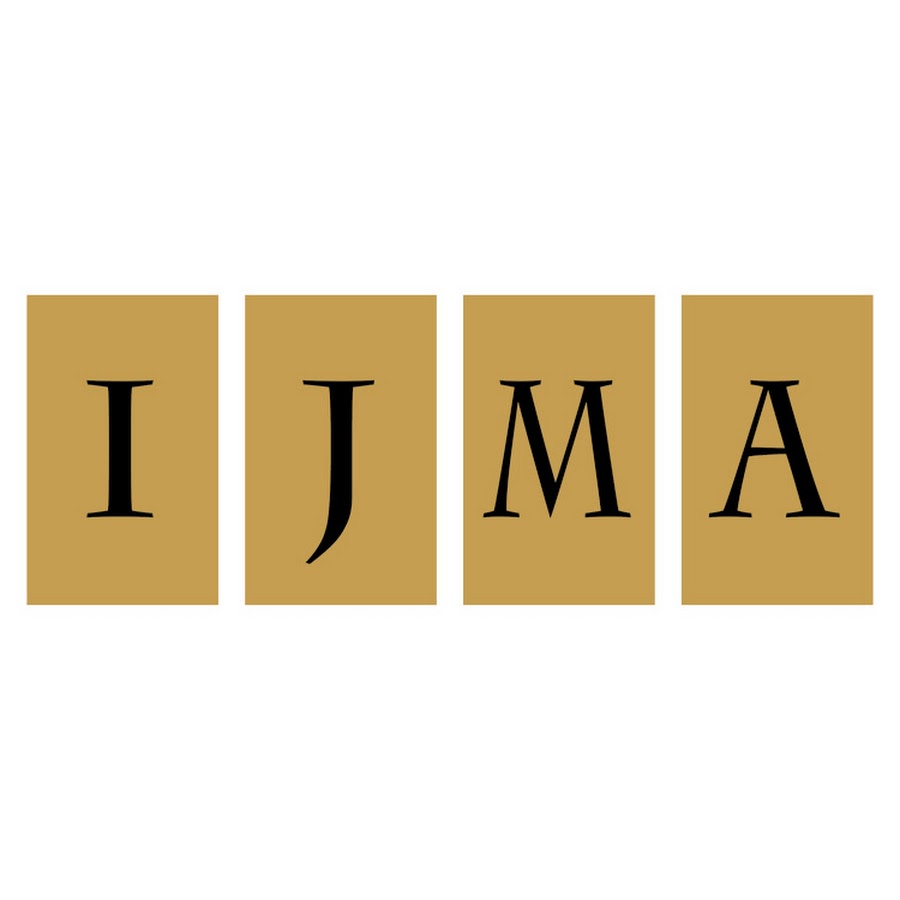DGTR to look into Bangladesh anti-dumping import duty sunset clause: IJMA

- Country:
- India
The Directorate General of Trade Remedies (DGTR) has ordered an investigation into the sunset review clause of duty imposition on import of jute products from Bangladesh and Nepal following complaints from the jute industry, an IJMA official said on Tuesday.
The DGTR, which is under the Ministry of Commerce and Industry, functions as an integrated single window agency for providing comprehensive and swift trade defence mechanism in India.
Indian Jute Mills Association (IJMA) had repeatedly complained about the dumping and illegal import of jute products from Bangladesh and Nepal, misusing the SAFTA treaty and hurting Indian farmers and jute mills.
The sunset clause is supposed to remain effective till January 2022. That means, unless the Indian government extends the period of the clause, it will help Bangladeshi jute exporters as there will be no safeguard duty from February next year.
''The DGTR has initiated an investigation on the sunset clause of duties imposed by India on jute products exports from Bangladesh after IJMA raised concerns of damage to domestic industry and farmers interests,'' IJMA chairman Raghavendra Gupta said.
Since the imposition of anti-dumping duty (ADD) in January 2017 by the Indian government, the quantum of subsidy has been increased by Bangladesh to nullify any hurdle to their trade, he said.
''The jute industry in India was forced to file for circumvention duty when importers began to import sacking cloth instead of sacking bags to evade the ADD,'' he said.
Indian authorities had earlier exempted some jute mills in Bangladesh against ADD and countervailing duty through a notification.
IJMA has observed that the bulk of jute product imports by Indian traders come from these exempted mills in Bangladesh.
''Surprisingly, the exports from these mills to India far exceed their manufacturing capacity. It is clear that these exempted mills are abusing their status to harm Indian industry and covertly further the cause of Bangladeshi jute industry,'' Gupta said.
The product under consideration in the present investigation is jute products comprising jute yam/twine (multiple folded/cabled and single), Hessian Fabrics and Jute Sacking bags.
(This story has not been edited by Devdiscourse staff and is auto-generated from a syndicated feed.)










